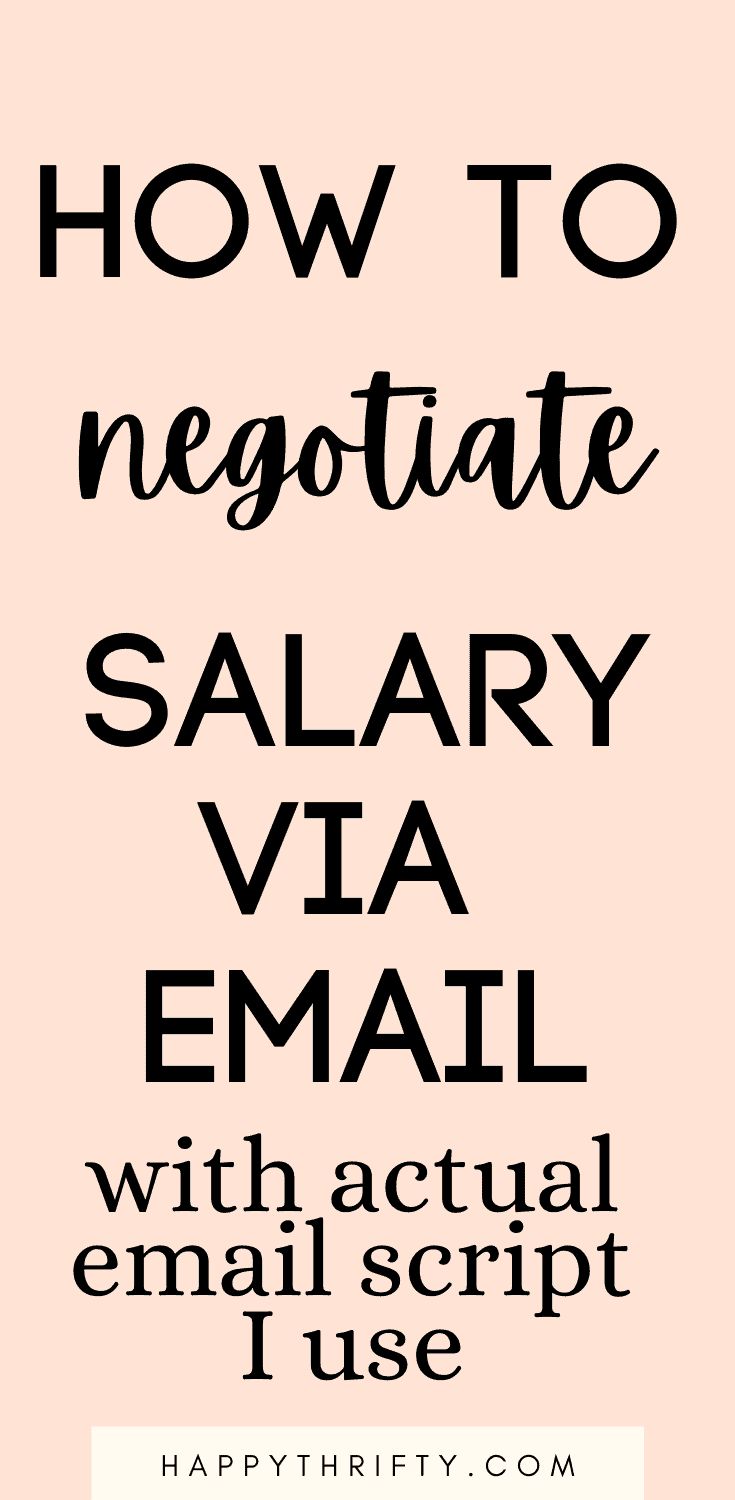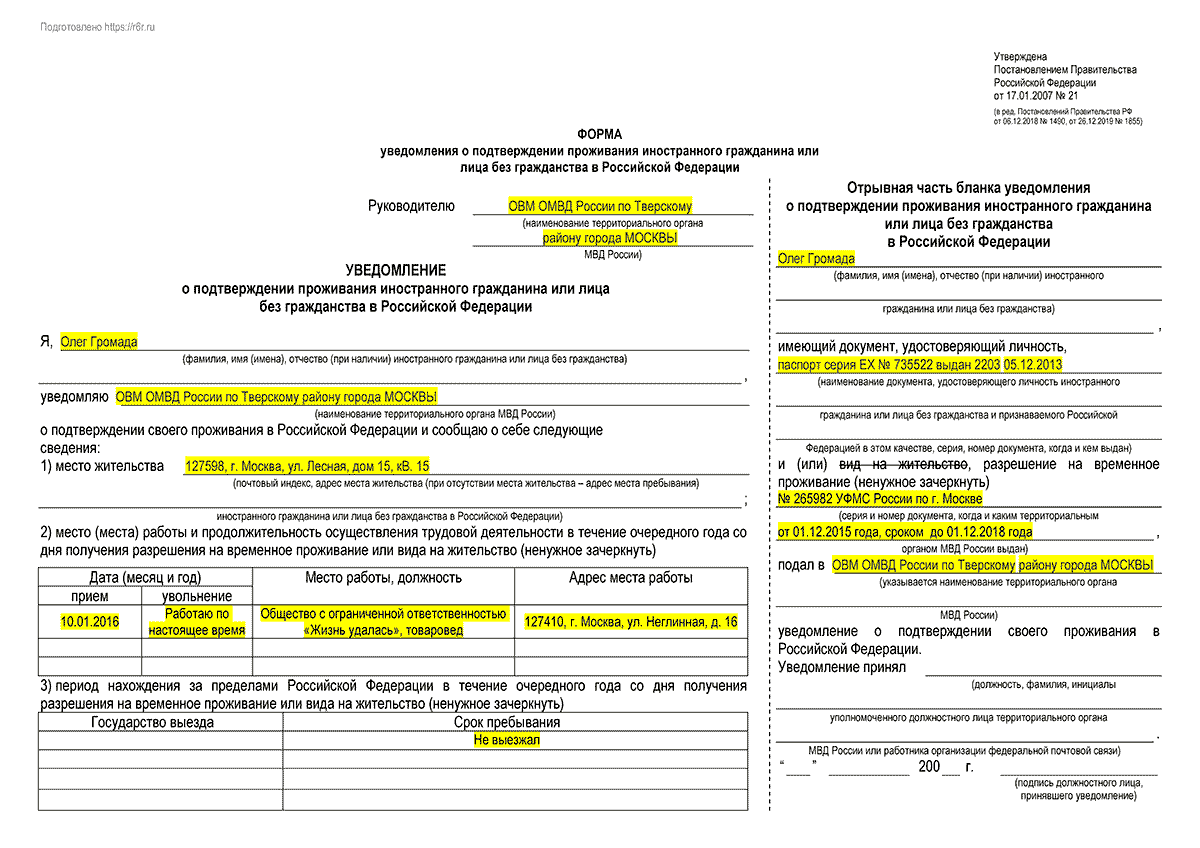How To Respond To A 'Best And Final' Job Offer And Still Negotiate

Table of Contents
Analyze the "Best and Final" Offer Carefully
Before you even think about responding, take time to thoroughly analyze the offer. Don't let the "best and final" label intimidate you into accepting less than you deserve.
Deconstruct the Compensation Package
Carefully break down every element of the offer. Don't just focus on the headline salary figure.
- Salary: The base annual salary.
- Benefits: Health insurance (premium contributions, deductible, co-pay), retirement plan (matching contributions, vesting schedule), paid time off (vacation, sick leave, holidays), parental leave.
- Bonuses: Target bonus amount, performance metrics, payment schedule.
- Stock options: Number of shares, vesting schedule, exercise price.
- Relocation assistance: Amount offered, specific inclusions (moving expenses, temporary housing).
- Other perks: Company car, professional development budget, gym membership.
Compare this detailed breakdown to your initial salary expectations and research of similar roles in your field. Use online salary calculators and resources to determine if the offer aligns with market value for your experience and skills. A lower base salary might be acceptable if other components, such as a generous bonus structure or excellent benefits package, compensate.
Assess Your Leverage
Your negotiating power depends on several factors. Honestly assess your position before crafting your response.
- Market Value: How much are professionals with your skills and experience typically paid in your area?
- Skills in Demand: Are your skills highly sought after? The more in-demand your skills, the stronger your position.
- Competing Offers: Do you have other job offers? This significantly strengthens your negotiating hand. (Note: You don't need to disclose specifics, a simple "I am considering other opportunities" can be impactful).
- Employer's Urgency: How crucial is it for the company to fill the position quickly? If they're facing a critical deadline, they may be more flexible.
Understanding your leverage allows you to approach the negotiation with confidence and a clear strategy.
Crafting Your Response: A Strategic Approach
Your response should be professional, appreciative, and strategically crafted to increase your chances of a successful negotiation.
Express Appreciation and Acknowledge the Offer
Begin by thanking the employer for their offer. Reiterate your enthusiasm for the position and the company. This positive tone sets the stage for a productive conversation.
- Example: "Thank you so much for offering me the position of [Job Title]. I am very excited about the opportunity to join [Company Name] and contribute to [mention a specific company goal or project]."
Subtly Raise Your Concerns (without being aggressive)
Focus on specific areas where the offer falls short of your expectations, using data to support your points. Avoid demanding more; instead, frame your concerns as questions or requests for clarification.
- Example: "While I am very excited about the opportunity, I was hoping for a slightly higher salary in line with my research of similar roles in the market. Could we discuss this further?"
- Example: "The benefits package looks comprehensive, but I was hoping for a more generous contribution towards my health insurance premiums. Is there flexibility in this area?"
Propose a Counter-Offer (if appropriate)
If you decide to counter-offer, be prepared with a specific, justified proposal. Don't be excessively demanding; aim for a reasonable increase that reflects your value. Focus on one or two key areas for improvement rather than attempting a complete restructuring of the offer.
- Example: "Based on my research and experience, I believe a salary of [your desired salary] would be more appropriate. I'm very flexible on other aspects of the package though."
Handling Rejection Gracefully
Understand that the employer may stick to their original offer, compromise, or withdraw the offer altogether. Be prepared for any outcome and maintain professionalism throughout the process.
Understand Potential Outcomes
- Acceptance: The employer agrees to your counter-offer or a compromise.
- Rejection: The employer maintains their original "best and final" offer.
- Withdrawal: The employer withdraws the offer entirely.
Being prepared for different outcomes helps you manage expectations and maintain composure.
Maintain Professionalism
Regardless of the outcome, thank the employer for their time and consideration. Express your continued interest in the company and keep the door open for future opportunities. A gracious exit demonstrates your professionalism.
Evaluate Your Options
If the offer is ultimately rejected, reflect on your negotiation strategy. Did you present your case effectively? Was your counter-offer reasonable and justified? Evaluate your other job options and make a decision that's in your best interest.
Conclusion
Successfully navigating a "best and final offer" requires careful preparation, strategic communication, and a professional approach. By analyzing the offer thoroughly, crafting a well-thought-out response, and maintaining a respectful demeanor, you significantly improve your chances of a successful negotiation, even after being presented with a seemingly final offer. Don't hesitate to use your knowledge of the job market and your skills to advocate for a compensation package that reflects your value. Remember, negotiating your salary is a crucial step in securing the best possible outcome for your career. Master the art of "best and final offer negotiation" and confidently step into your dream job!

Featured Posts
-
 Paris Fashion Week Amira Al Zuhair Models For Zimmermann
May 24, 2025
Paris Fashion Week Amira Al Zuhair Models For Zimmermann
May 24, 2025 -
 Terrapins Softball Edges Delaware In Thrilling 5 4 Contest
May 24, 2025
Terrapins Softball Edges Delaware In Thrilling 5 4 Contest
May 24, 2025 -
 Rybakina Otkrovenno O Trudnostyakh I Tselyakh
May 24, 2025
Rybakina Otkrovenno O Trudnostyakh I Tselyakh
May 24, 2025 -
 Bjk Cup Kazakhstan Reaches Final Australia Eliminated
May 24, 2025
Bjk Cup Kazakhstan Reaches Final Australia Eliminated
May 24, 2025 -
 Pedestrian Hit By Car On Princess Road Live Updates From The Scene
May 24, 2025
Pedestrian Hit By Car On Princess Road Live Updates From The Scene
May 24, 2025
Latest Posts
-
 Is It Going To Rain In Nyc During Memorial Day Weekend Forecast
May 24, 2025
Is It Going To Rain In Nyc During Memorial Day Weekend Forecast
May 24, 2025 -
 Will Stitchpossibles 2025 Weekend Shatter Box Office Records
May 24, 2025
Will Stitchpossibles 2025 Weekend Shatter Box Office Records
May 24, 2025 -
 Memorial Day 2025 Top Sales And Deals Across All Categories
May 24, 2025
Memorial Day 2025 Top Sales And Deals Across All Categories
May 24, 2025 -
 Memorial Day Weekend Forecast For New York City Rain Predictions
May 24, 2025
Memorial Day Weekend Forecast For New York City Rain Predictions
May 24, 2025 -
 Stitchpossibles 2025 Release A Potential Box Office Blockbuster
May 24, 2025
Stitchpossibles 2025 Release A Potential Box Office Blockbuster
May 24, 2025
